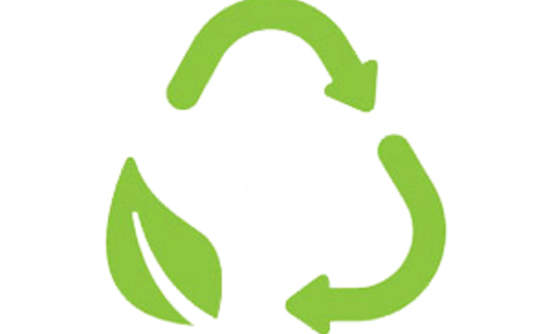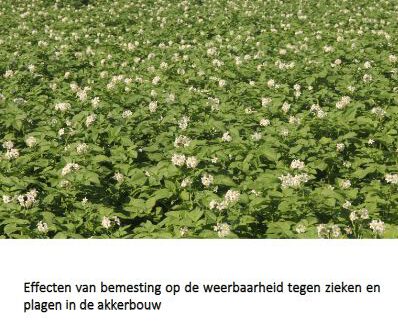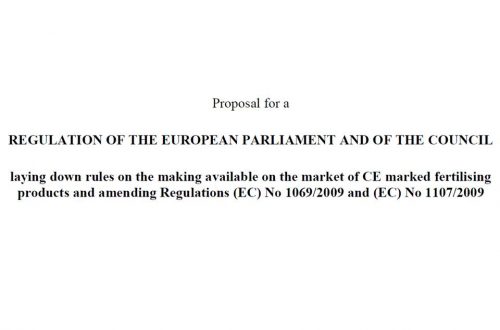Remarkable: plastics, even bio-degradable forms of it, affect plant growth. Qi et al. (2018) reported that plastics added to soil at a rate of 1% negatively affected wheat growth in a non-sterile sandy field soil. Unexpectedly, the bio-degradable plastic had a more negative effect than the non-degradable plastic, with negative effects on growth up to 20-45% after 2 months and less negative effects after 4 months. Effects of plastics on the soil ecosystem have also been reported in other studies, such as that of de Souza Machado et al. (2019).
Addition of plastics to soil at a rate of 1% is very high, so it is unlikely that the reported growth reductions are already happening at large scale. In the few cases that plastic densities in agronomic soils have been estimated, the contamination levels are almost always very much lower (Zhu et al., 2019). Nevertheless, the study by Qi et al. (2019) does indicate that plastics, and even biodegradable plastics, are not good. And non-degradable plastics can only accumulate.
The question is how to reduce the accumulation of plastics in soil. There are various input routes, such as (micro)plastics in irrigation water or manure, residues of plastics used in agriculture (e.g. in the cultivation of asparagus and strawberries) and insufficient separation of waste.
In Germany, Weithmann et al. (2018) found that plastics can be present in compost, apparently because of contamination of vegetable, fruit and garden waste. This is likely due to confusion of what kinds of plastic can be added to the compostable waste. For example, bioplastics are made from renewable sources, but they are not necessarily biodegradable. And compostable plastics are, by definition, degradable if they are broken down by more than 90% after 12 weeks of composting (van den Oever et al., 2017). But compostable plastics are poorly decomposable in soil.
The composting industry is not happy with plastics present in the to-be-composted biowaste. Apart from the fact that non-compostable plastics may be present, also the compostable plastics are not decomposed fully since the composting time is usually (much) less than 12 weeks. And even if the decomposable plastic would be decomposed completely during composting, what would then be the gain of that? Since decomposed plastic is converted into water and CO2, positive effects on soil life or soil organic matter are then expected to be negligible. It would, therefore, be much better to simply incinerate all plastics, which leads to energy and avoids any negative effects on soil or plant growth.
- Qi et al., 2018, Science of the Total Environment , https://doi.org/10.1016/j.scitotenv.2018.07.229.
- van den Oever, 2017, Bio-based and biodegradable plastics – Facts and Figures, http://dx.doi.org/10.18174/408350.
- de Souza Machado, et al., 2019, Environmental Science & Technology, https://doi.org/10.1021/acs.est.9b01339.
- Weithmann et al., 2018, Science Advances, https://doi.org/10.1126/sciadv.aap8060.
- Zhu et al., 2019, Bulletin of Environmental Contamination and Toxicology, https://doi.org/10.1007/s00128-019-02623-z.



